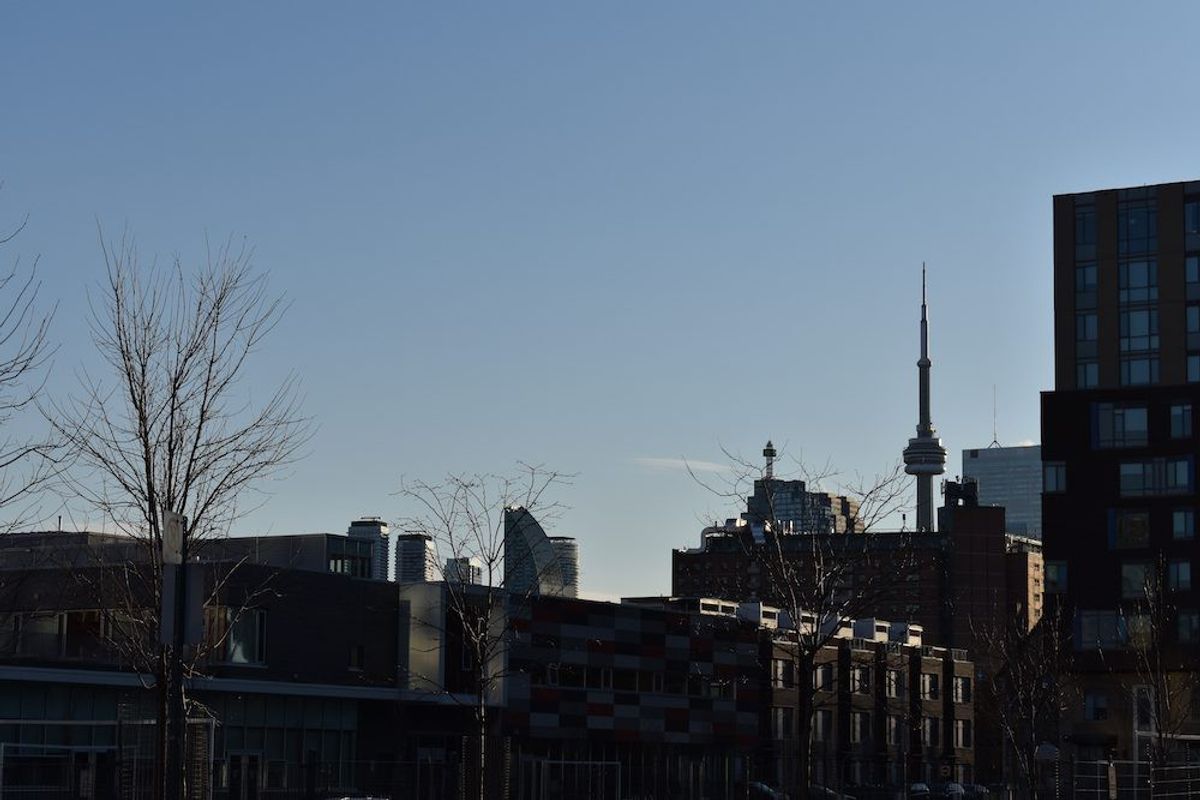The good news is that the vulnerability of the Canadian housing market is continuing to improve, according to the Canada Mortgage and Housing Corporation (CMHC). The bad news? Toronto is still at risk of price acceleration and overvaluation.
“While house prices in Vancouver, Victoria, Toronto and Hamilton continue to move closer to levels supported by housing market fundamentals...we continue to see a high degree of vulnerability in their overall assessment,” reads the CMHC’s latest report on housing vulnerability across Canada, released today.
READ: ‘Affordability Would Be Impacted’ If Stress Test Removed: TD Economist
The corporation defines vulnerability as when certain factors in a housing market — such as overbuilding, overvaluation or price acceleration — aren’t in-line with historical averages. While a combination of higher interest rates and stricter mortgage qualification rules have cooled prices across Canada, Toronto remains an outlier for its higher prices and sales numbers.
However, the report is quick to note that conditions in the city have vastly improved from the record prices seen in the spring of 2017.
READ: Only 1 Toronto Property Made The List Of Canada’s Most Expensive Homes
“The conditions of overvaluation continue to ease [in Toronto] as house prices are more in line with housing market fundamentals,” it reads. “In the fourth quarter of 2018, the inflation-adjusted MLS average price stayed about the same from a year earlier. While inflation-adjusted disposable income declined by 2.7 per cent, the young-adult population increased by 3.6 per cent.”
Evidence of overbuilding is also low, with the inventory of completed and unsold units reaching its lowest level on record in the final quarter of 2018.
READ: Selling Surplus Land Is Gov’t’s Best Bet For Affordable Housing: Report
"After ten quarters, the state of the national housing market has improved to moderate vulnerability,” writes Bob Dugan, chief economist of the CMHC, in a statement. “Even though moderate evidence of overvaluation continues for Canada as a whole, there has been improved alignment overall between house prices and housing market fundamentals in 2018 in comparison to the previous year."
As for the rest of the country, the report flags Edmonton, Calgary, Saskatoon, Regina and Winnipeg at potential risk of overbuilding, while relatively affordable markets like Ottawa, Montreal, Quebec City and Halifax continue to experience low levels of vulnerability




















